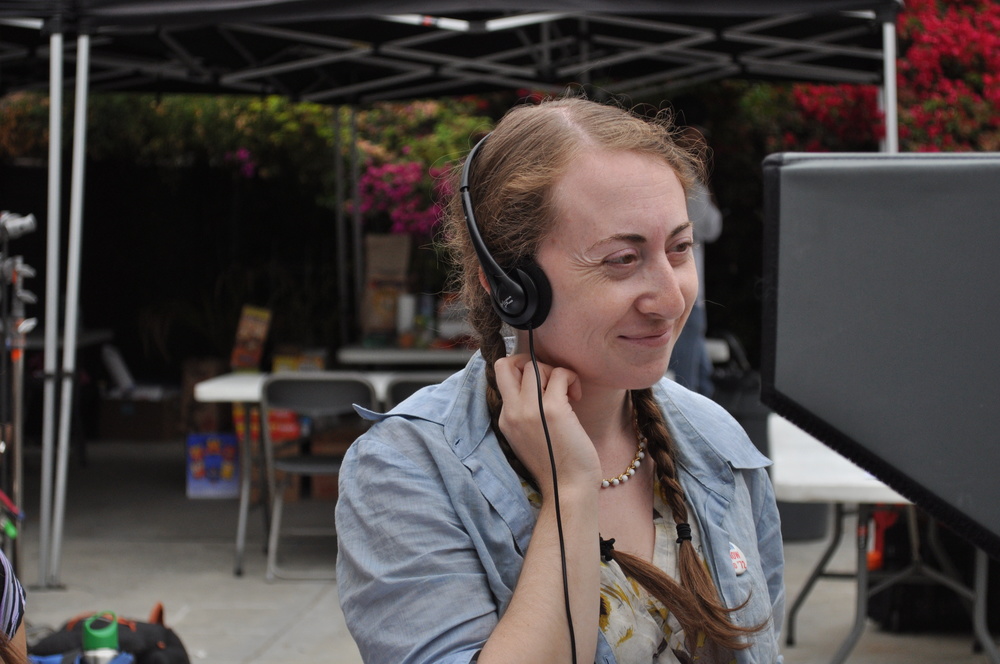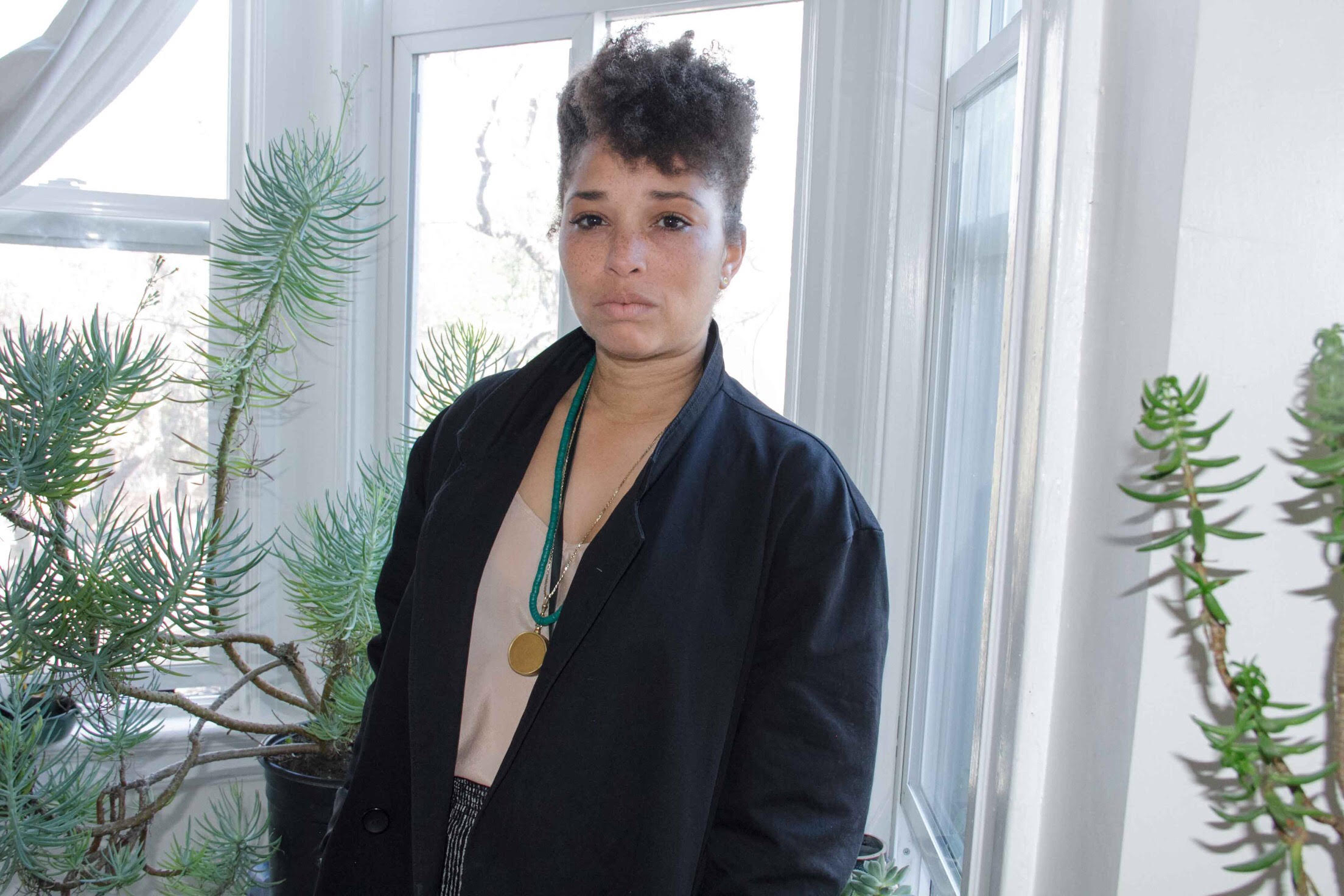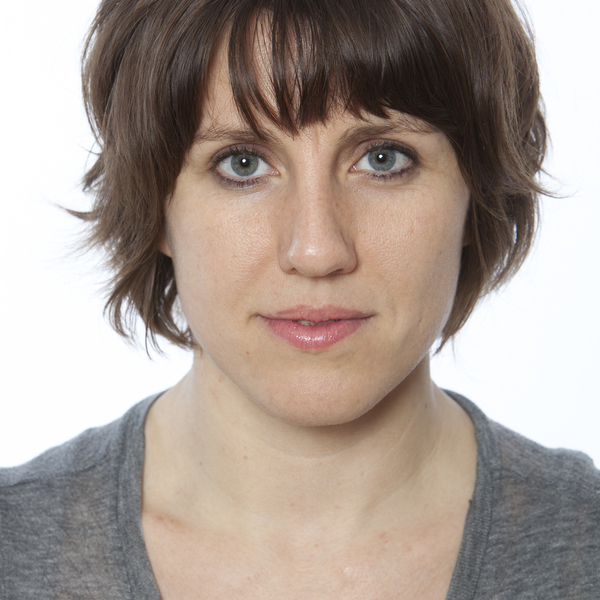This was originally published on Examiner.com on May 7, 2013. Minor edits were made for readability
The goal was to train filmmakers to “focus on developing entrepreneurial skills (…) start figuring out how your audience uses your work, (…) and recognize that platforms are for the many.” By empowering filmmakers to “be responsible for their creative offsprings” from start to finish, Ted and Alicia hope that filmmakers will regain control over their work, and make a living out of their passion.
And what better place to fully engage in this revolution than Silicon Valley?
Held over the course of a few days, May 2-5, 2013, A2E gathered 12 teams of selected filmmakers, innovators such as Jon Reiss and Braxton Pope, and over a dozen distribution professionals and technology partners such as Vimeo Pro, Kickstarter, KinoNation, Cinedigm, and Gravitas among others. They worked with filmmakers from Canada, the UK, and the US to define best practices on keeping more control over the rights of their films, by owning the distribution and marketing process. One-on-one sessions with tech platforms analyzed how filmmakers could engage directly with their audience.
Retaining control
Vimeo Pro’s Jeremy Boxer explained the new tools that Vimeo recently unveiled for filmmakers, the Tip Jar, and Vimeo On Demand, which enables creators to sell their works directly to their audiences and retain a 90 percent share of the revenue. “You have full flexibility on what the price is going to be, how long the film is available for, and you can also do DRM-free downloads, geolocation blocking if you want to, etc. (…) It’s a product that will enable an open platform for creators, to not have to have an intermediate agent between them and their audience. The functionality is built to allow creators to figure out what’s best for them, play around with it, it could be a one shop stop or not depending on the filmmaker.”
Elisabeth Holm, Film Program Director at Kickstarter, attended as the producer of one of the films, (OBVIOUS CHILD by Gillian Robespierre), and according to her, the program was about “filmmakers and technology platforms working in synergy to tell better stories, build stronger communities, and authentically engage with the people who care most about the work”.
Silicon Valley x Hollywood
So how to bring the two communities together? Ted Hope said he wants “nothing more than [to work with Silicon Valley].”I wouldn’t have done this if it was New York or LA, I would have been stuck in the same echo chamber in the industry which is there to protect itself, and because the world has changed so much, we really need new processes.” His advice is to start applying all the popular buzzwords of the tech community, such as willingness to fail, (a dreadful thought for studio execs), to filmmaking. In other words, the film industry needs to – quote – “wake the f*** up” in order to survive.
About the bridge between both worlds, and what Silicon Valley can teach filmmakers, Ted shared, “it’s funny to me how little back and forth there has been. You hear like Jack Dorsey [founder of Twitter] loves movies and screens movies for the people, but he hasn’t picked up the phone, and frankly, I’m intimidated to go the other way, but we’ll find the right way in. Frankly, Twitter has got movies for me made, I did a film called SUPER, which was generated through Twitter, and sold through Twitter. People rarely think about how much more can be achieved.”
“Filmmakers are user experience designers,” he added. During the A2E conference, ” you saw that these three diverse segments of the industry – tech platforms, filmmakers and distributors – were all in this together and that this was done by them. ” He insisted that the bigger vision is to ensure that “the creators and their supporters are the direct financial beneficiaries of the work they generate,” which is made a lot easier by technology platforms, who understood and owned that process early on.
The future will tell if the San Francisco Film Society can really be a launchpad for innovation, but it certainly is Ted Hope’s number one priority to bring together artists, audiences, and industries. “When you think about what the Film Society can do for the Bay Area, not just on a national basis but on a global basis, people want to come here and share ideas.”
He praised controversial initiatives by Hollywood stars such as Zach Braff, who raised 2 million dollars for his new film on Kickstarter because his idea is that the more people will use these new ways of making and distributing movies, the better off everyone else will be.
The culture around filmmaking is radically changing, and it’s time for all to join the movement.
What do you think? How can we reinvent the film industry? Hit the comments!



